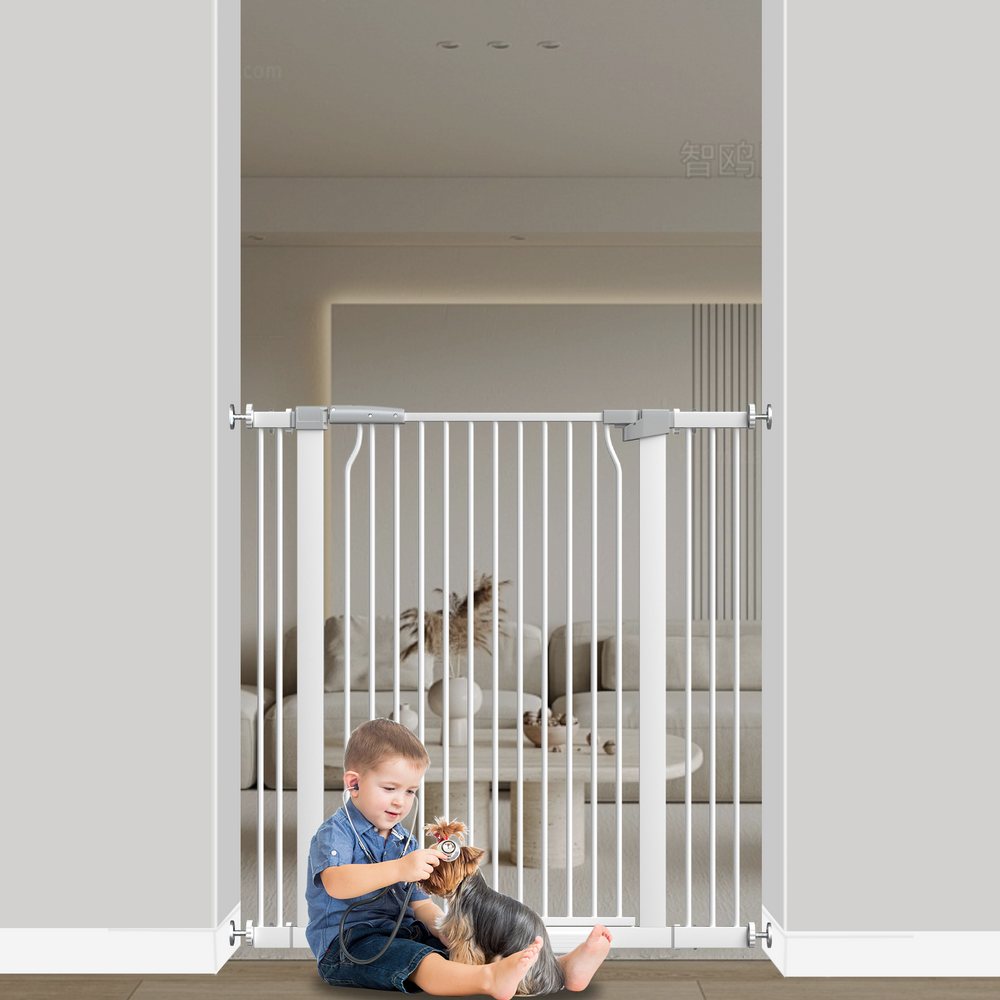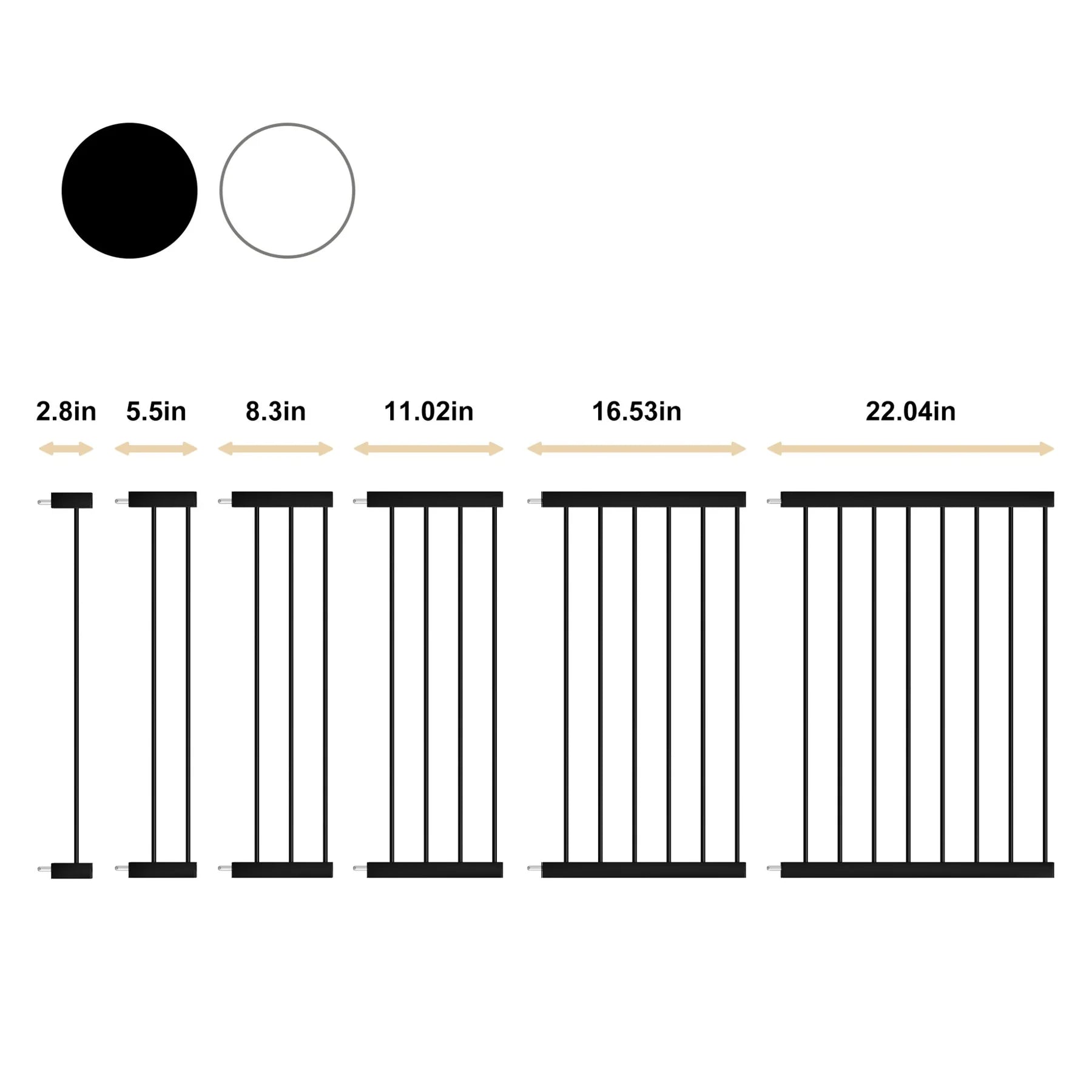Why Your Dog Has Mucus in Stool: Causes and Solutions
Understanding Mucus In Your Dog's Stool
Seeing a bit of clear, jelly-like slime on your dog's poop now and then? It's actually pretty common. This mucus is a natural part of your dog's digestive system, helping things move along smoothly. Think of it like a lubricant for their insides. Most of the time, a small amount isn't anything to lose sleep over.
What Mucus In Dog Poop Looks Like
So, what exactly are we looking for? Mucus typically appears as a clear, slippery, and somewhat thick substance. It might look like a bit of jelly or slime clinging to the outside of the stool. While clear is the most common color, you might occasionally see it as white, or even tinged with green or red if there's any bleeding happening further up the digestive tract. If it's just a little bit, it's usually no big deal.
Is Mucus In Dog Poop Ever Normal?
Yes, a small amount of mucus can be perfectly normal. It's produced by the intestinal lining to help protect and lubricate the passage of stool. However, the amount and frequency are key. If you start noticing a lot more mucus than usual, or if it's consistently present, that's when you should pay closer attention. It becomes more concerning if this excess mucus is accompanied by other changes in your dog's health, like diarrhea, vomiting, or a general lack of energy.
It's easy to get worried when you see something unusual in your dog's potty output, but remember that a little bit of mucus is often just the body doing its normal thing. The real signal to pay attention to is when the amount changes significantly or when other symptoms pop up alongside it.
Common Causes of Dog Mucus In Stool
Seeing a bit of clear or whitish mucus in your dog's poop isn't always a cause for alarm. It's actually a natural part of a healthy digestive system, helping things move along smoothly. But when it becomes excessive, or if it's accompanied by other concerning signs, it's time to figure out what's going on. Several things can lead to more mucus than usual showing up in your dog's stool.
Dietary Changes and Sensitivities
Did you recently switch your dog's food? A sudden change in diet can really upset their stomach, leading to temporary digestive upset, which often includes mucus in the poop. It's always best to transition your dog to new food gradually over several days. If your dog has a food allergy or intolerance, that can also cause increased mucus. Some dogs are just more prone to these reactions than others. Trying a limited-ingredient diet might help if you suspect this is the issue.
Stress and Environmental Factors
Dogs can get tummy troubles from stress, just like people do. Big changes like moving to a new house, a new pet or person in the family, or even you starting to leave the house for work after being home all the time can be stressful for them. If your dog is sensitive to these kinds of changes, their gut might react with diarrhea that has extra mucus. Usually, this kind of stress-related issue gets better on its own once the stressor is gone or they feel more comfortable.
Intestinal Parasites and Infections
Intestinal parasites are a pretty common reason for mucus in dog poop. Things like roundworms, hookworms, or whipworms can cause diarrhea that often has mucus, and sometimes even blood. Tiny organisms like Giardia and Cryptosporidium can also cause diarrhea and a lot of mucus. Bacterial infections, like Salmonella or E. coli from eating spoiled food, can inflame the intestines, leading to mucus-filled diarrhea, and sometimes vomiting or general sickness.
Inflammatory Conditions Like Colitis
Colitis, which is inflammation of the large intestine, is another frequent culprit. It can be triggered by various things, including dietary indiscretions, stress, or infections. Dogs with colitis often have diarrhea with mucus and sometimes blood. Inflammatory Bowel Disease (IBD) is a more chronic condition where the digestive tract becomes inflamed, often due to an allergic reaction or autoimmune issues. Dogs with IBD might have persistent mucusy diarrhea, lose weight, or have a poor appetite. While there's no cure for IBD, it can be managed with diet and medication.
When to Seek Veterinary Attention
Seeing mucus in your dog's poop can be a bit alarming, and it's natural to worry. While a small amount might not be a big deal, there are definitely times when you need to get your vet involved. It's not always easy to tell when it's serious, but paying attention to other signs your dog is showing is key.
Recognizing Alarming Symptoms
If the mucus is just a one-off thing and your dog seems perfectly fine otherwise, you might not need to panic. But if you notice any of the following alongside the mucus, it's time to pick up the phone and call your veterinarian:
- Vomiting: This is a pretty clear sign that something is seriously wrong with your dog's digestive system.
- Lethargy or Weakness: If your dog is unusually tired, not playing, or seems generally unwell, it's a red flag.
- Loss of Appetite: A dog refusing food or treats is often a sign of illness.
- Blood in the Stool: Any amount of fresh red blood or dark, tarry stools indicates bleeding somewhere in the digestive tract.
- Diarrhea: While mucus can sometimes accompany diarrhea, if the diarrhea is severe, watery, or contains blood, it's more concerning.
- Abdominal Pain: If your dog cries when you touch their belly or seems uncomfortable, it's a sign they're in pain.
- Straining to Defecate: This could indicate constipation, which can also lead to mucus production.
It's important to remember that even if your dog seems okay, persistent mucus in the stool, lasting more than a day or two, warrants a vet visit. It's better to be safe than sorry when it comes to your pet's health.
The Importance of a Stool Sample
When you do call your vet, they'll likely ask you to bring in a fresh stool sample. This isn't just to be gross; it's a really important diagnostic tool. A vet can examine the sample under a microscope to look for:
- Intestinal Parasites: Things like roundworms, hookworms, whipworms, and protozoa such as Giardia or Coccidia are common culprits and can be seen in a fecal exam.
- Bacteria: While harder to see without specific cultures, the presence of certain bacteria can sometimes be inferred or tested for.
- Blood: Microscopic amounts of blood can be detected.
Having a fresh sample helps your vet get a head start on figuring out what's going on without having to wait for your next appointment to collect one.
When Mucus Indicates Serious Issues
While mild cases of mucus might resolve on their own, it can also be a sign of more significant health problems. You should definitely seek veterinary attention if the mucus is:
- Accompanied by severe vomiting or diarrhea.
- Associated with significant lethargy or a change in behavior.
- Present with blood in the stool.
- Persistent for more than 48 hours.
Conditions like inflammatory bowel disease (IBD), infections (bacterial or viral), intestinal parasites, or even more serious issues like tumors can all cause mucus in the stool. Your vet is the only one who can properly diagnose and treat these conditions, so don't delay if you're concerned.
Diagnostic Approaches for Mucus In Stool

Veterinary Physical Examination
When you bring your dog in, the vet will start by giving them a good once-over. This isn't just about checking their temperature; they'll be feeling your dog's belly to see if anything feels sore or unusual, looking for signs of dehydration, and generally assessing how your dog is feeling overall. They'll also ask you a bunch of questions about your dog's diet, any recent changes, and when you first noticed the mucus. This initial chat and physical check-up are super important for figuring out the next steps.
Fecal Examinations and Parasite Testing
This is a big one. Your vet will almost certainly want to look at a fresh stool sample. They'll do a "fecal float" to check for common intestinal worms and other parasites like Giardia. Sometimes, they might do more specific tests to look for bacteria or even viruses like parvovirus, depending on your dog's other symptoms. It's really helpful if you can bring a sample that was passed recently, ideally within a few hours of your vet visit.
Ruling Out Other Digestive Issues
Sometimes, what looks like mucus might actually be something else, like excess fat in the stool. Fat can give the poop a shiny, coated appearance, similar to mucus. If your vet suspects fat is the issue, it could point to problems with the pancreas, gallbladder, or even just that your dog is eating too much fat. They might also consider things like food allergies or intolerances, or even inflammatory bowel disease (IBD). To figure this out, they might suggest an elimination diet, where you switch to a very limited-ingredient food for a while to see if symptoms improve. Blood tests can also give clues about organ function and inflammation.
Treatment Strategies for Dog Mucus In Stool
So, your dog's got some extra slime in their poop. It happens, and thankfully, there are ways to help them feel better. The trick is figuring out why it's happening, and then tackling that root cause. Your vet is your best buddy here, but generally, treatment falls into a few main categories.
Addressing Underlying Infections
If a nasty bug like Giardia or a bacterial imbalance is the culprit, your vet will likely prescribe medication. For bacterial issues, antibiotics might be used, but honestly, they're not always the first choice because sometimes they can mess with the gut flora even more. It really depends on the specific situation. The goal is to clear out whatever is causing the trouble without making things worse down the line.
Dietary Adjustments and Management
This is a big one. Sometimes, all it takes is a switch to a more digestible food. Think bland diets – like boiled chicken and plain white rice – especially if stress colitis is suspected. For dogs with allergies or sensitivities, a limited-ingredient diet might be the ticket. These often have novel proteins (like duck or venison) or fewer ingredients overall. It's important to work with your vet on this, as they can help you pick the right food that won't trigger further issues. Sometimes, adding a bit more fiber can help things move smoothly and reduce irritation.
Medications and Supplements for Gut Health
Beyond antibiotics, other medications might be needed. If your dog has ongoing inflammation, like from colitis or inflammatory bowel disease, your vet might suggest anti-inflammatory drugs. For supporting a healthy gut overall, probiotics and prebiotics are often recommended. These little helpers can restore balance to the gut bacteria, which is super important for digestion and keeping things like mucus production in check. Think of them as a daily tune-up for your dog's digestive system.
Preventing Future Occurrences of Mucus

It's a bummer when you notice that slimy stuff in your dog's poop, but the good news is there are ways to help prevent it from happening again. Think of it like this: keeping your dog's insides happy and stable is the main goal. This means being consistent with a few key things.
Consistent Parasite Prevention
Parasites are a common reason for that extra mucus showing up. Keeping your dog on a regular deworming schedule is super important. Most heartworm medications also cover other common internal parasites, and they're usually given monthly. Don't skip these! It's also a good idea to get a fecal exam done at least once a year, usually when you take your dog for their annual check-up. This way, your vet can catch any sneaky parasites before they become a big problem.
Probiotics and Gut Health Support
Your dog's gut is full of tiny helpers, like good bacteria, that keep everything running smoothly. Probiotics are basically those good bacteria, and giving them to your dog can really help maintain a healthy balance in their digestive system. This can make it harder for bad bacteria or infections to take hold, which in turn can reduce inflammation and mucus. You can find probiotics specifically for dogs in various forms – some are powders you mix into their food, others are chews. Sometimes, a combination of probiotics and prebiotics (which feed the good bacteria) is called a synbiotic, and giving that daily can be beneficial too.
Avoiding Dietary Indiscretions
Dogs are curious creatures, and sometimes their curiosity leads them to eat things they shouldn't – think old food scraps, something gross they found on a walk, or even just a sudden, drastic change in their regular food. These
Wrapping Up: Keeping an Eye on Your Dog's Poop
So, seeing a bit of slime in your dog's poop now and then isn't usually a big deal. It's just how their insides stay comfortable. But if you notice a lot more mucus than usual, or if it comes with other problems like vomiting, not eating, or blood, it's definitely time to call the vet. They can figure out what's really going on, whether it's something simple like a diet change or something that needs more attention. Keeping an eye on things and knowing when to get professional help is the best way to keep your furry friend feeling their best.






Leave a comment